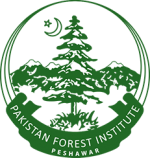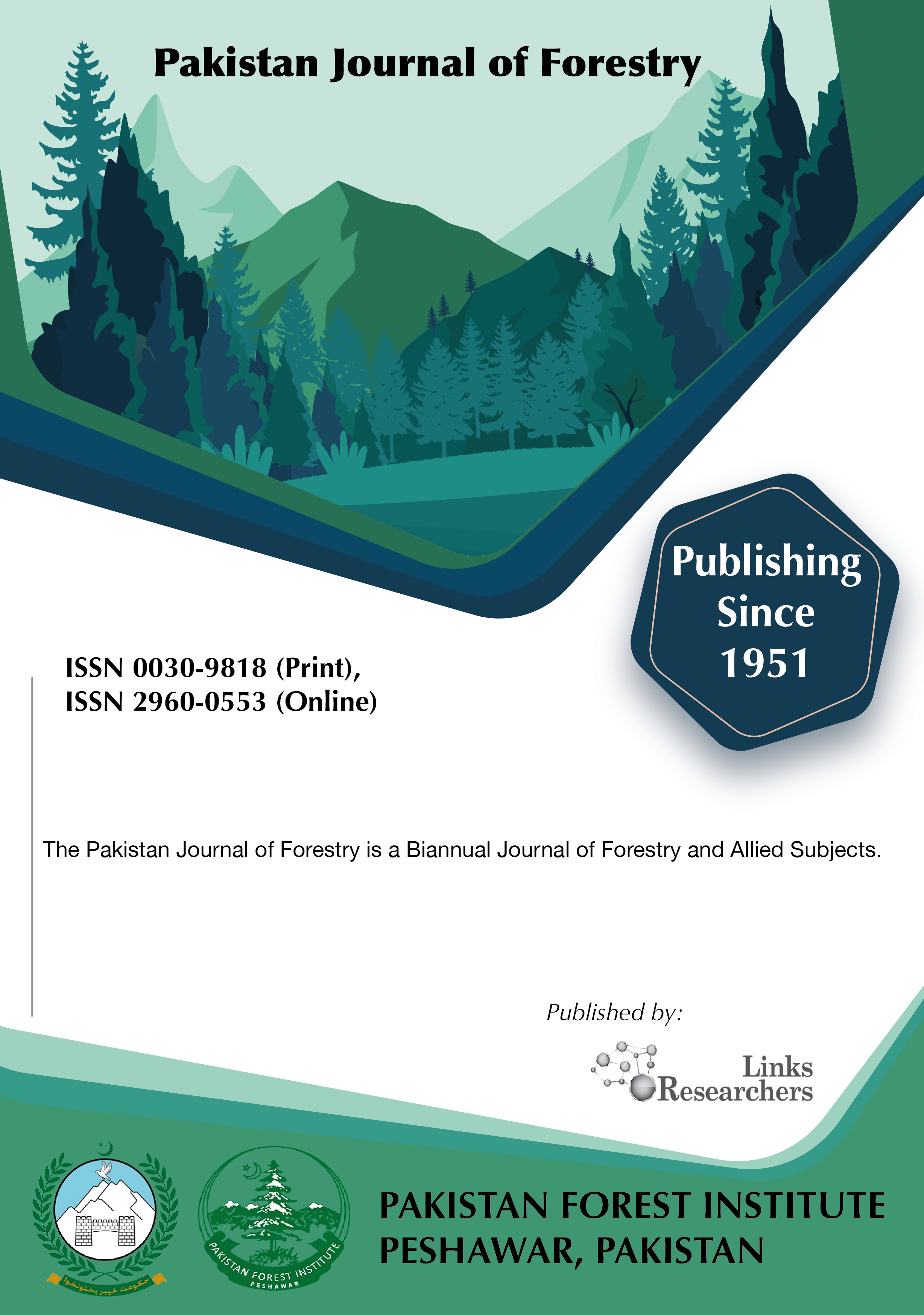Influence of range improvement activities on sustained productivity of Range Watershed Resources
S. M. Rafique
ABSTRACT
This study was carried out for 6 years (1989-94) in the
moist temperate zone of Mansehra District (NWFP) to
investigate the effect of range improvement activities
on protective and vegetation cover, forage production
and species composition. Four major variables namely; no
grazing, no grazing + over-sowing, conventional grazing
+ over sowing and conventional grazing only were tested
in two replications. The variables were assigned
randomly to 4 plots of 10 x 10 m. Each plot was
subdivided into two subplots of 10 x 5 m and one sub
plot under each major variable was fertilized for 1st 3
years with uniform dose of NPK (1:2:2) at the rate of
100 kg N, 200 kg P and 200 kg K per ha/year. The results
indicated manifold increase in protective and vegetation
cover and forage production under combined effect of
fertilizer application, protection and over sowing
compared to conventional grazing. Forage production was
5 times higher under fertilizer application. The study
has demonstrated that range improvement activities will
not only enhance the socioeconomic conditions of the
graziers through increase in forage production but will
also play an important role in the improvement of
watershed values. This implied that appropriate range
improvement activities are imperative for sound pastoral
economy and sustainable watershed resources of the
mountainous region of the NWFP.
To share on other social networks, click on any
share button. What are these?




